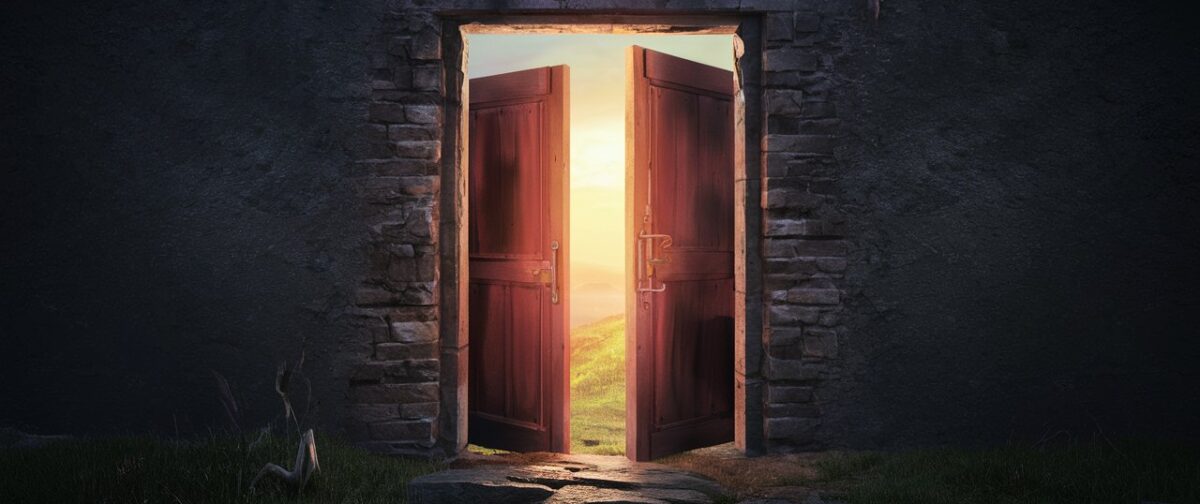
I recently read Andrea Hirata’s “Rainbow Troops.” It is a fantastic coming-of-age novel about a poor boy growing up in Belitung, Indonesia and about the role individuals, society, and the world overall play in producing poverty. To wrap up the novel’s themes, the main character, In its final pages, reflects on how fate, effort, and destiny influence the direction of people’s lives:
Many of the poor from his island, in particular, give up and blame their poorness on fate. God or the divine must think they deserve to be poor like this. They may be tired, and giving up is the path of least resistance. Working hard can be like picking fruit while blindfolded: you don’t know what kind of fruit you will end up with, but at least you’ll have fruit.
I found this to be an interesting and honest reflection about resilience in the face of difficulties in life. Everyone struggles with succeeding and failing in life, but those without as many resources often lack the ability to safeguard themselves from their mistakes and the mistakes of others (see this more detailed discussion how that happens). This can make it significantly harder to continue to persevere in life choices like education that may prove useful for one’s long-term development. They often cannot handle the risk that they may fail.
Instead, they frequently must choose the safest option professionally: whatever will give them enough money to eat and have a place to live right now, even if that job pegs them into a lower income track. Thus, they narrow themselves to what has worked, even if it may not be the best option for them. Because of this, giving up or blaming yourself can seem like very practical options.
But blaming fate or blaming yourself both ignore the potential role society might have played to put them in this more marginal position in the first place. Societies often act to exclude certain people, relegating them to the status of poor or supposedly undeserving. But it takes time, energy, and emotional intensity to realize that and to determine how to best take action to address it, and those who need such action the most unfortunately often do not have it in them to work through that.
(For a more full discussion about the travails of the socially fortunate, you can read that here.)
